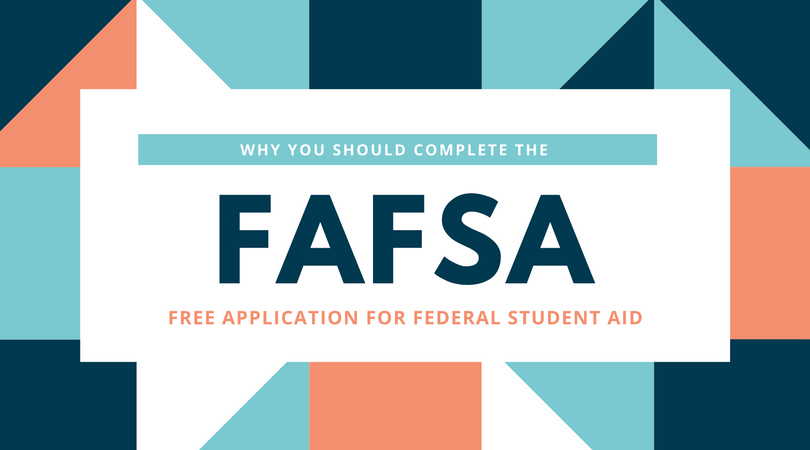If you read articles or follow the news about postsecondary education, you’ve surely been inundated with the message that college costs are still on the rise. In the state of Michigan, the average cost of a public 4-year university is almost $18,000 per year. How do families afford this? What can they do?
Tom Langejans, college advisor of the Tri-Cities College Access Network (TCAN), says, “One answer I often share is that all families should complete the Free Application for Federal Student Aid (FAFSA). I would highly recommend parents and students complete their FSA IDs before beginning the FAFSA application.”
Use this link for the FSA ID: https://fsaid.ed.gov/npas/index.htm
Use this link for FAFSA: https://studentaid.ed.gov/sa/fafsa
FAFSA is the federal form that college students complete to determine their eligibility for federal grants, scholarships, work-study opportunities, and loans. “When I talk with families about completing the FAFSA, I often hear, ‘We won’t get any assistance so we aren’t completing the FAFSA,'” says Tom.
It doesn’t matter what your income is—completing the FAFSA is imperative for many reasons:
- Many universities will not consider students for merit aid (which is not based on family financial need) without a filed FAFSA.
- Universities build their freshman class with a portion of families who can pay in full, so by completing the FAFSA and demonstrating that you do not qualify, it might give another student an edge in admissions.
- Families may be surprised that they actually do qualify, especially if they have multiple children in college at the same time.
- Families’ situations may change. Most universities have funds set aside for instances such as a student’s parent losing a job and now this student cannot make their tuition payments. Schools usually prioritize giving these funds to students who have completed the FAFSA.
- For students to be eligible for low-interest federal loans, their families must complete the FAFSA.
A FAFSA is required as part of the application for scholarships from the Grand Haven Area Community Foundation. The FAFSA application has become shorter and more user-friendly in the past few years, so don’t hesitate to complete it!
Plus the FAFSA is free, so why would anyone miss out on opportunities it may provide?
For questions, email Tom Langejans at CollegeAdvisor@t-can.org.
